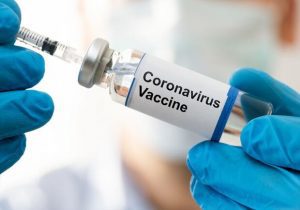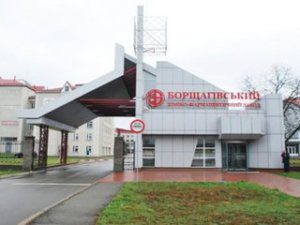
Ukraine expects to receive more than 8 million doses of the future vaccine against the coronavirus disease COVID-19, Ukrainian President Volodymyr Zelensky said in his vlog.
“The Ministry of Health has held a conversation with representatives of COVAX. This is an initiative for the global access of countries to the vaccine against coronavirus. A phased plan for the supply of the future vaccine in Ukraine has been determined. The first stage is 1.2 million doses. In general, Ukraine expects to receive more than 8 million doses of the future vaccine,” the head of state noted.
According to him, priority in vaccinations will be given to medical workers, military personnel, teachers, people at risk, in particular people over 60 years old.
“We are also increasing the number of daily tests, including free tests through mobile teams. We are working to ensure a sufficient number of beds and oxygen in each region, as well as strengthening control over compliance with quarantine measures,” Zelensky said.

It will be necessary to create infrastructure for vaccine production in Ukraine from scratch, while the state support program could contribute to this, Commercial Director of PJSC Borschahivsky Chemical and Pharmaceutical Plant Yevhen Sova believes. “Today it will be necessary to create infrastructure for vaccine production in Ukraine virtually from scratch. This is quite a long process, because we are talking about the construction of new workshops, the launch of additional production lines, passage of audits and confirmation of quality according to the standards,” he told Interfax-Ukraine.
At the same time, the expert noted that “Ukrainian pharmaceutical manufacturers can implement this.” “The technical equipment of domestic companies as a whole allows building new necessary infrastructure, paying special attention to the sites of quality control,” he said.
According to the expert, the state support program can become an impetus for domestic pharmaceutical producers and a signal for starting work on the organization of such production. “Such a program will contribute to the process as much as possible. It can include public-private partnership, tax-exempt status, simplified inspection procedures and other options, including subsidies,” he said.
CREATE, INFRASTRUCTURE, NECESSARY, PHARMACEUTICAL PLANT, VACCINE PRODUCTION